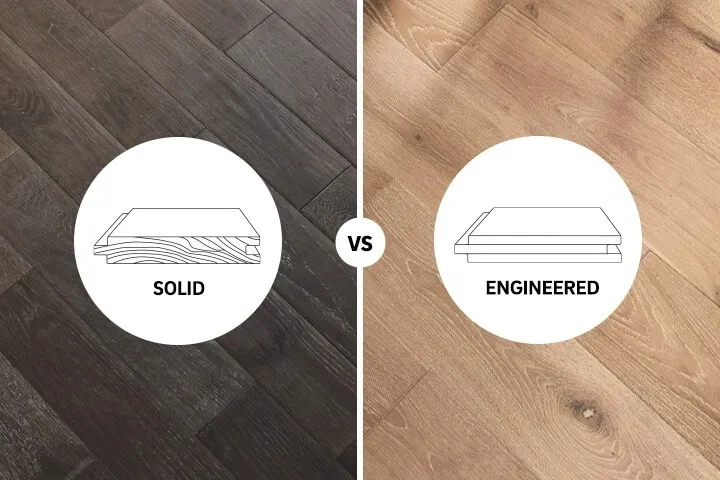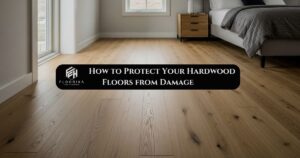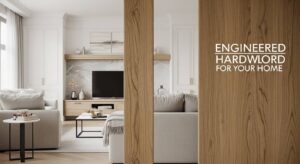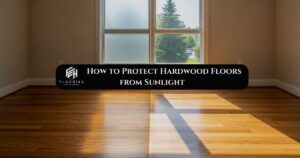When shopping for hardwood flooring, many homeowners feel stuck. Should you go with solid hardwood flooring in Brooklyn, or would engineered hardwood flooring in Brooklyn be better? Both look great and last for years, but they aren’t the same. If you’re unsure, this blog will help you figure out the differences and make the right choice.
What Are Solid and Engineered Hardwood Floors?
Let’s break it down.
- Solid hardwood is made from one solid piece of wood. It’s thick, durable, and can be refinished several times.
- Engineered hardwood is made of layers. The top layer is made of real wood, while the base layers are made of plywood or fiberboard.
At first glance, they look the same. But once you understand how they’re made, you’ll see why they behave differently.
Which One Is More Durable?
Both types are durable, but they handle wear and tear differently.
Solid Hardwood Flooring:
- Strong and long-lasting.
- Can be sanded and refinished many times.
- Not great with moisture. It can warp if it gets wet.
Engineered Hardwood Flooring:
- Designed to handle moisture better.
- Can’t be refinished as often as solid hardwood.
- Still lasts for decades with proper care.
If you live in Brooklyn, where humidity changes are common, engineered hardwood may be a safer option for rooms like basements or kitchens.
Do They Look the Same?
Yes, both look beautiful. The top layer of engineered hardwood is real wood, so it has the same natural look as solid hardwood.
But there are some differences:
- Solid hardwood comes in more traditional wood types like oak and maple.
- Engineered hardwood offers more modern styles and finishes.
If you’re looking for something unique, you’ll probably find more options with engineered hardwood.
Which One is Easier to Install?
Engineered hardwood flooring is easier to install, especially for DIYers.
Here’s why:
- Solid hardwood needs to be nailed or glued down.
- Engineered hardwood can be installed in more ways—floating, stapling, or gluing.
Plus, engineered hardwood works well over concrete or radiant heating systems, which is a bonus for Brooklyn homes.
Also Read More: Top Hardwood Floor Styles for 2025: From Classic to Contemporary
How Do They Handle Moisture?
This is a big deal.
- Solid hardwood doesn’t like moisture. It can swell, shrink, or warp.
- Engineered hardwood is more stable in humid or damp conditions.
If you’re installing flooring in areas like basements or bathrooms, engineered hardwood is the better option.
Cost: Which One Fits Your Budget?
Flooring costs can add up quickly, so let’s talk about price.
- Solid hardwood tends to be more expensive because it’s made from a single piece of wood.
- Engineered hardwood is usually more affordable since it uses less solid wood.
However, the final price will depend on the wood species, finish, and size of your space. If you’re on a tight budget, engineered hardwood flooring in Brooklyn might be the way to go.
Maintenance: Which One Is Easier to Care For?
Both types need regular cleaning, but there are some differences.
Solid Hardwood:
- Needs more care to avoid scratches and dents.
- Can be refinished multiple times to keep it looking new.
Engineered Hardwood:
- Easier to maintain in humid areas.
- Can’t be refinished as many times.
For high-traffic areas or homes with pets, engineered hardwood might hold up better over time.
Which One Lasts Longer?
Solid hardwood can last a lifetime if it’s well-maintained. You can sand it down and refinish it multiple times, which makes it a long-term investment. Engineered hardwood doesn’t last quite as long, but it can still give you decades of use with proper care. If you want floors that you won’t have to replace for a very long time, solid hardwood is a great choice.
Also Read More: How to Clean Engineered Hardwood Floors?
Pros and Cons of Solid Hardwood Flooring
Pros:
- Timeless, classic look.
- Increases home value.
- Can be refinished many times.
Cons:
- Expensive.
- Sensitive to moisture.
- Requires professional installation.
Pros and Cons of Engineered Hardwood Flooring
Pros:
- More moisture-resistant.
- Easier to install.
- More affordable.
Cons:
- Can’t be refinished as many times.
- May not last as long as solid hardwood in high-traffic areas.
Which One Should You Choose?
Here’s a quick way to decide:
- If you want traditional, long-lasting floors, go with solid hardwood.
- If you need something more practical for a busy household, engineered hardwood might be better.
- For areas with moisture, like kitchens or basements, engineered hardwood is safer.
Find the Perfect Hardwood Flooring for Your Brooklyn Home
At the end of the day, both engineered hardwood flooring in Brooklyn and solid hardwood flooring in Brooklyn are great options. It really depends on what works best for your lifestyle.
At Floorika Fine Hardwood, we’ve helped many Brooklyn homeowners choose the right flooring for their needs. Whether you’re drawn to the timeless charm of solid hardwood flooring or the modern practicality of engineered hardwood, we have something for everyone.
Contact us today to explore our hardwood options. Let’s bring warmth, beauty, and durability to your Brooklyn home!

